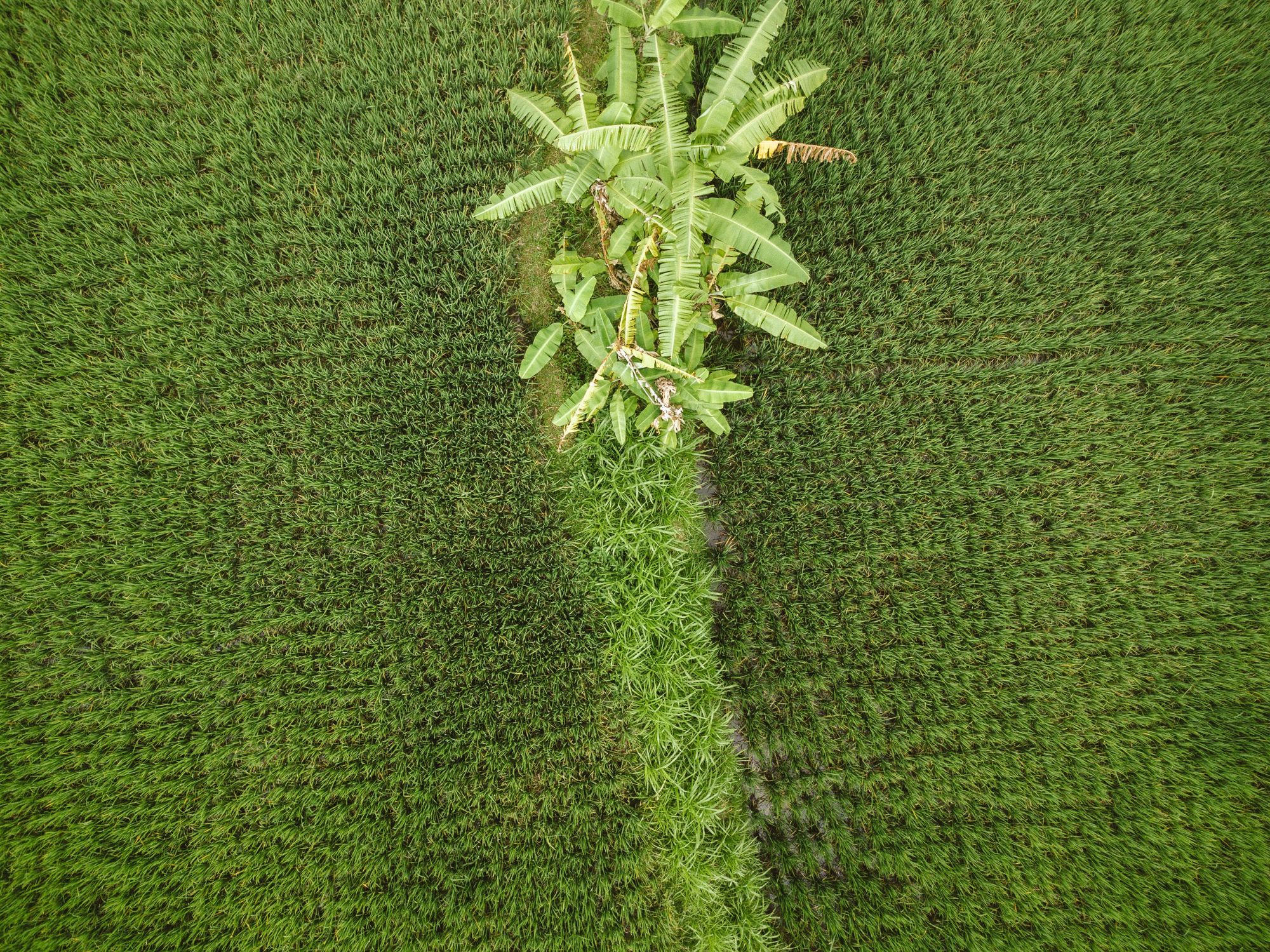Unit 9 - Good Cardio Palm Oil Problem
Multilateral Trade Core Principles & Exceptions (GATT/WTO Article 20): Scientific Standards & Sanitary and Phytosanitary (SPS) Agreement

You have been asked by the Indonesian Minister of Trade a question relating to the problem of genetically modified organism (“GMO”) products. Indonesia is a major palm oil producer and exporter. LIPI (the Indonesian equivalent of the NSF) has developed certain strains of GMO palm oil trees adapted to the increasingly hot Indonesian climate (as a result of climate change). There are two strains of these GMO palm oil trees. The first patented strain simply increases productivity in producing 20% more palm oil than existing “ordinary” (meaning non-GMO) trees. The second patented GMO strain produces the so-called “good cardio CPO” which is a healthier kind of crude palm oil with beneficial effects at the whole population level on the incidence of heart disease on those who consume the good cardio CPO as part of their diet.
The Minister is well aware of the very vocal opposition to GMO technology that exists particularly in Europe, but also elsewhere in the world. He is also aware how difficult it would be to sell either the more productive oil palm seed, or the good cardio oil palm seed to tropical agricultural exporters like Brazil, Malaysia, or African countries if simply using the seeds might disqualify their exports to wealthy, industrialized Europe, or most recently to China. They are also aware of the fact that once the oil palm seeds are planted, the trees do not yield any appreciable amount of CPO for three years (and the trees have to be replaced after 25 years, because thereafter their oil production decreases markedly).
Please counsel the Minister in writing an advisory letter first explaining the applicable trade and environmental law framework for GMO products in the export trade, then suggest how best to approach the problem of successfully introducing the more productive GMO palm oil tree seeds, good cardio seeds and CPO into international commerce, and ultimately selling more productive tree and good cardio CPO and related products into the European Union, China and other international markets.
Should you wonder, as indicated by the geography this is another one of those questions originally written for Indonesian law students. They are compelled to answer the same kinds of questions you are once they enter practice, and vice-versa. They would perceive the question as incomplete, because it omits the idea that the most current trade law problems of Indonesian palm oil involve the announced refusal of major European palm oil users (Lever Brothers, Nestle, etc.) to purchase palm oil unless it is certified as sustainably produced (typically meaning that the palm oil groves were not planted after tropical forests were cleared by burning). One problem is what to do with the groves planted over the past 25 years, when faced with a new environmental standard. The other is how the government should react to an industry or NGO standard that is not a product of government regulation in the potential importing country.
This is not a new concern in SE Asia, since a long-running similar issue involves eco-labelling and tropical timber, because greener Europeans as a matter of consumer preference traditionally refused to buy Scandanavian modern furniture that was not certifiably sustainably plantation-grown teak. Eco-labelling has been a subject of discussion in the Doha Round, so what would the basis be for its regulation, if you have the “fair trade” style NGO-inspired labelling?